Entrepreneurship is often romanticized with tales of overnight successes and silver-bullet strategies. But let’s be brutally honest: most of what you hear is pure, unadulterated nonsense. The truth is that starting and growing a business is a gritty, demanding journey that requires more than just inspirational quotes and feel-good mantras. If you’re here for the real deal, buckle up because we’re about to shatter some of the biggest myths in the start-up world.
In this article, we’re diving deep into four unspoken rules that can make or break your entrepreneurial venture. These aren’t your typical advice – they’re the raw, unfiltered truths that successful entrepreneurs wish they knew from day one. Get ready to ditch the fluff, embrace failure, prioritize your mental health, and build a no-bullshit network. This is your roadmap to surviving and thriving in the competitive world of start-ups.
The Myth of Traditional Entrepreneurial Advice
Let’s face it: the entrepreneurial landscape is littered with myths and half-truths that can lead even the most well-intentioned new business owner astray. You’ve probably heard them all: “Follow your passion and the money will come,” “Visualize success and it will manifest,” or my personal favorite, “Just hustle harder.” These nuggets of so-called wisdom sound great on a motivational poster, but they’re about as useful as a chocolate teapot in the real world.
Myth 1: Follow Your Passion, and the Money Will Come
Sure, it’s great to be passionate about your work. But let’s be real: passion doesn’t pay the bills. If it did, my teenage dream of becoming a professional video gamer would have made me a millionaire. Passion without a solid business plan, market research, and execution is just a hobby. Focus on solving a real problem and creating value – that’s where the money is.
“Success is not the absence of failure; it’s the persistence through failure.” – Aisha Tyler
Myth 2: Visualize Success, and It Will Manifest
Visualization is all the rage in self-help circles. Picture your dream life, and it will come true, they say. I’ve visualized having a six-pack for years, yet here we are. Visualization without action is just daydreaming. It’s the hard work, the grind, and the perseverance that turn dreams into reality. Don’t just dream it; do it.
“The best way to predict the future is to create it.” – Peter Drucker
Myth 3: Just Hustle Harder
The hustle culture glorifies working 24/7, sacrificing sleep, and burning out as if it’s a badge of honor. Newsflash: chronic exhaustion and burnout don’t lead to success; they lead to hospital visits. Working smarter, not harder, is the key. Learn to delegate, automate, and prioritize. Your health and sanity are worth more than any hustle-induced trophy.
“Don’t watch the clock; do what it does. Keep going.” – Sam Levenson
Humorous Take:
Imagine if we followed these myths in our everyday lives. “Follow your passion, and the money will come” would mean we’d all pursue careers as chocolate tasters and Netflix bingers. “Visualize success and it will manifest” would have us expecting six-pack abs just by looking at fitness magazines. And “Just hustle harder” would have us proudly displaying our caffeine-induced tremors as a sign of dedication.
The Controversial Side of Start-Up Secrets: The 4 Rules They Don’t Want You to Know
Alright, buckle up because we’re about to take a sledgehammer to some of the most cherished beliefs in the start-up world. The path to entrepreneurial success isn’t paved with the glittering advice you’ve been fed. It’s rough, it’s messy, and it’s anything but glamorous. Here’s the raw, unfiltered reality.
Rule 1: Ditch the Self-Help Nonsense
Let’s start with the most controversial rule: self-help is often self-hype. The market is flooded with motivational speakers and authors who promise the world their “secret formulas” and “magic steps.” But let’s be honest – if positive thinking and vision boards were all it took, we’d all be sipping margaritas on our private yachts.
Bold Truth: Real success comes from actionable strategies, not feel-good fluff. You need data-driven decisions, a solid business plan, and relentless execution. Focus on what works, not what sells books.
Rule 2: Embrace Failure Like a Pro
Here’s a hard pill to swallow: you’re going to fail. And not just once. Failure is not a dirty word; it’s a crucial part of learning. The biggest names in business – Elon Musk, Jeff Bezos – have faced colossal failures. The difference? They learned, adapted, and kept moving forward.
Bold Truth: Failure isn’t your enemy; complacency is. Each failure is a lesson, a stepping stone to refinement and eventual success. Embrace it, analyze it, and grow from it.
“The greatest glory in living lies not in never falling, but in rising every time we fall.” – Nelson Mandela
Rule 3: Prioritize Your Mental Fitness
In the hustle culture, admitting you need a break or being stressed is a weakness. But here’s the controversial truth: your mental health is more important than any deadline or business deal. Chronic stress leads to poor decisions, decreased productivity, and burnout.
Bold Truth: Your brain is your greatest asset – protect it. Incorporate mental fitness routines, whether meditation, exercise, or simply taking time off. A healthy mind is a productive mind.
“Your mind is your greatest asset. Protect it, nurture it, and it will serve you well.” – Baz Porter
Rule 4: Build a No-Bullshit Network
Networking events often feel like a superficial exchange of business cards and empty promises. But real success hinges on building genuine, no-bullshit relationships. These people will call you out when you’re wrong, support you when you’re down, and push you toward your potential.
Bold Truth: Quality trumps quantity. Focus on building meaningful connections with people who share your vision and values. Authentic relationships are the backbone of sustainable success.
“Networking is not about just connecting people. It’s about connecting people with people, people with ideas, and people with opportunities.” – Michele Jennae
7 Actionable Steps to Kickstart Your Entrepreneurial Journey
Alright, it’s time to turn talk into action. Here are seven practical steps you can take right now to start your entrepreneurial journey on the right foot. These steps are grounded in reality and designed to help you implement the four rules we’ve discussed.
- Create a Data-Driven Business Plan
- Action: Conduct thorough market research to understand your target audience, competitors, and industry trends. Use this data to create a detailed business plan that outlines your objectives, strategies, and financial projections.
- Relatable Example: John, our seasoned CEO, uses proprietary analytics tools to guide his strategic planning. This approach ensures decisions are based on solid data, not gut feeling.
- Set Realistic, Measurable Goals
- Action: Break down your long-term vision into short-term, achievable goals. Set clear milestones using the SMART criteria (Specific, Measurable, Achievable, Relevant, Time-bound).
- Relatable Example: John regularly attends executive strategy sessions where he refines his goals based on actionable insights, ensuring each step is clear and attainable.
- Embrace a Fail-Fast Mentality
- Action: Treat failures as learning opportunities. After every setback, analyze what went wrong, adjust your strategy, and move forward quickly. Keep a failure log to track lessons learned and how you’ve adapted.
- Relatable Example: John’s business growth mastermind sessions often involve peer-to-peer learning, where he shares and learns from successes and failures, accelerating his growth process.
- Invest in Mental Fitness
- Action: Integrate daily mental fitness routines into your schedule. This could include meditation, exercise, or any activity that helps you recharge and maintain mental clarity. Allocate specific times in your calendar for these activities.
- Relatable Example: John enjoys running and meditation to manage stress, and he incorporates these routines into his daily schedule to stay sharp and focused.
- Build a No-Bullshit Network
- Action: Attend industry conferences, join professional groups, and engage in networking events to build genuine relationships. Look for mentors and peers who will challenge you and provide honest feedback.
- Relatable Example: John actively participates in high-level networking events and exclusive mastermind groups, where he connects with industry leaders who share his values and vision.
- Delegate and Empower Your Team
- Action: Identify tasks that can be delegated and trust your team to handle them. Provide clear instructions and the necessary resources, then step back and let them take ownership. Regularly review and adjust your delegation strategies.
- Relatable Example: Through advanced team dynamics workshops, John has learned effective delegation techniques that enhance team collaboration and productivity, allowing him to focus on strategic initiatives.
- Continuously Learn and Adapt
- Action: Commit to continuous learning to stay ahead of industry trends. Subscribe to industry newsletters, attend webinars, and read relevant publications. Apply what you learn to keep your business innovative and competitive.
- Relatable Example: John subscribes to newsletters from top business schools and participates in monthly guest sessions with industry experts to ensure he stays current and can implement the latest best practices.
Conclusion
Entrepreneurship is not for the faint-hearted. It’s a journey filled with challenges, failures, and hard-earned victories. By ditching the self-help fluff, embracing failure, prioritizing your mental fitness, and building a no-bullshit network, you’re setting the foundation for real, sustainable success. These aren’t just rules; they’re the pillars that will support you through the highs and lows of your entrepreneurial adventure.
Remember, the path to success is rarely straight, but you can navigate any obstacle with resilience, strategic thinking, and a relentless drive. Now is the time to take action, to implement these rules, and to transform your vision into reality.
Call to Action
Ready to take your entrepreneurial journey to the next level? Don’t wait for success to find you. Take control of your future with a business consultation to unlock your full potential. Join me for The Adventure Call, where we’ll dive deep into your business challenges, uncover actionable strategies, and set you on the path to extraordinary success.
Seize the opportunity now and book your consultation at The Adventure Call. Let’s embark on this journey together and create the impactful, thriving business you’ve always envisioned.
Your future is waiting – take the first step today.
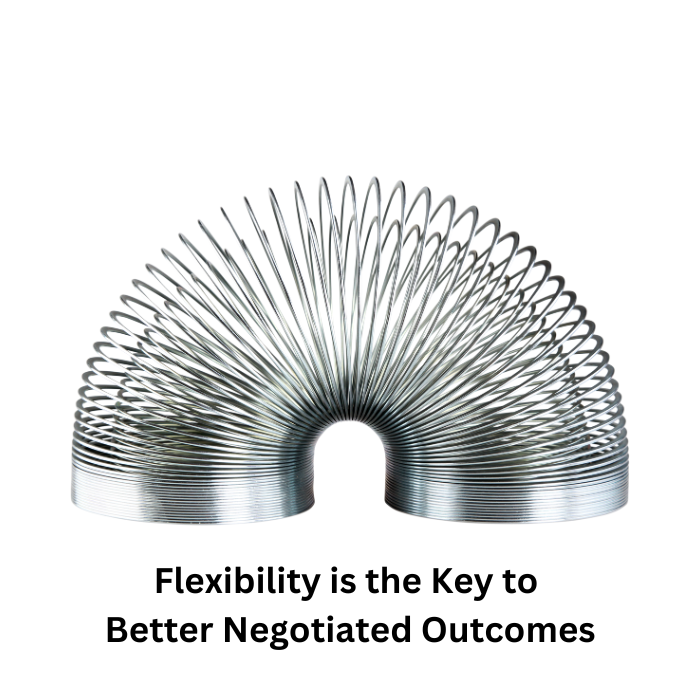




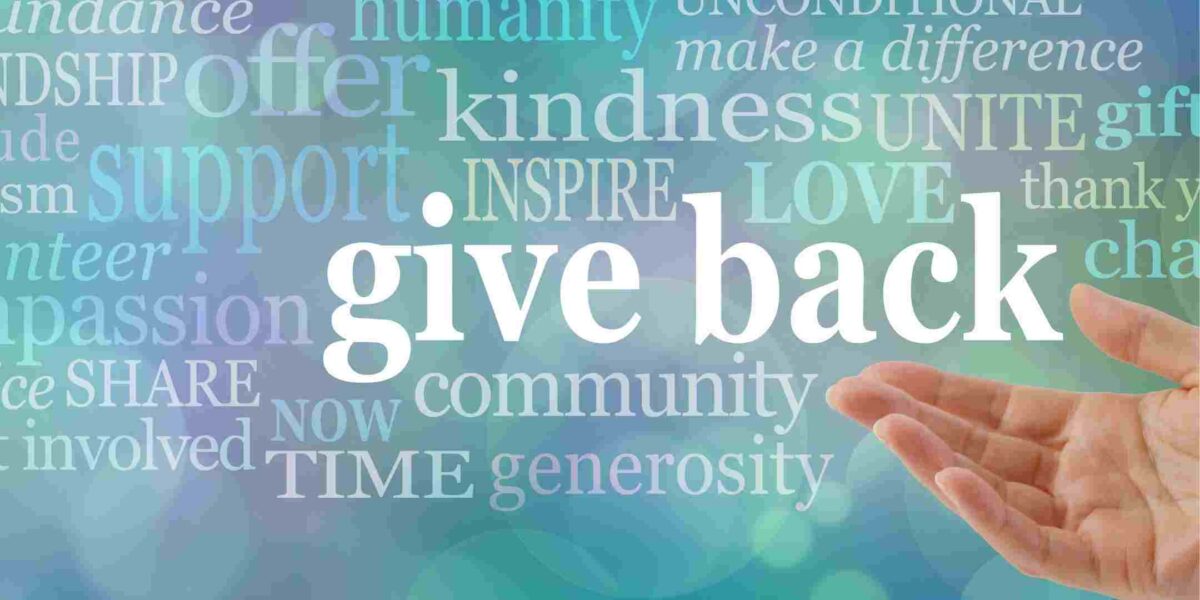
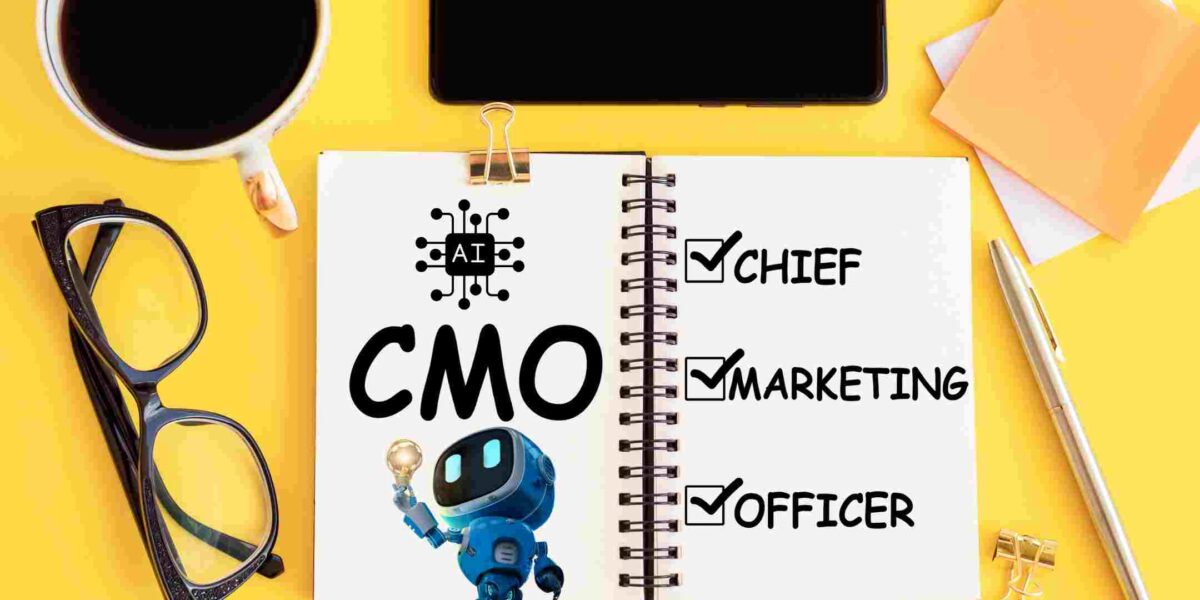
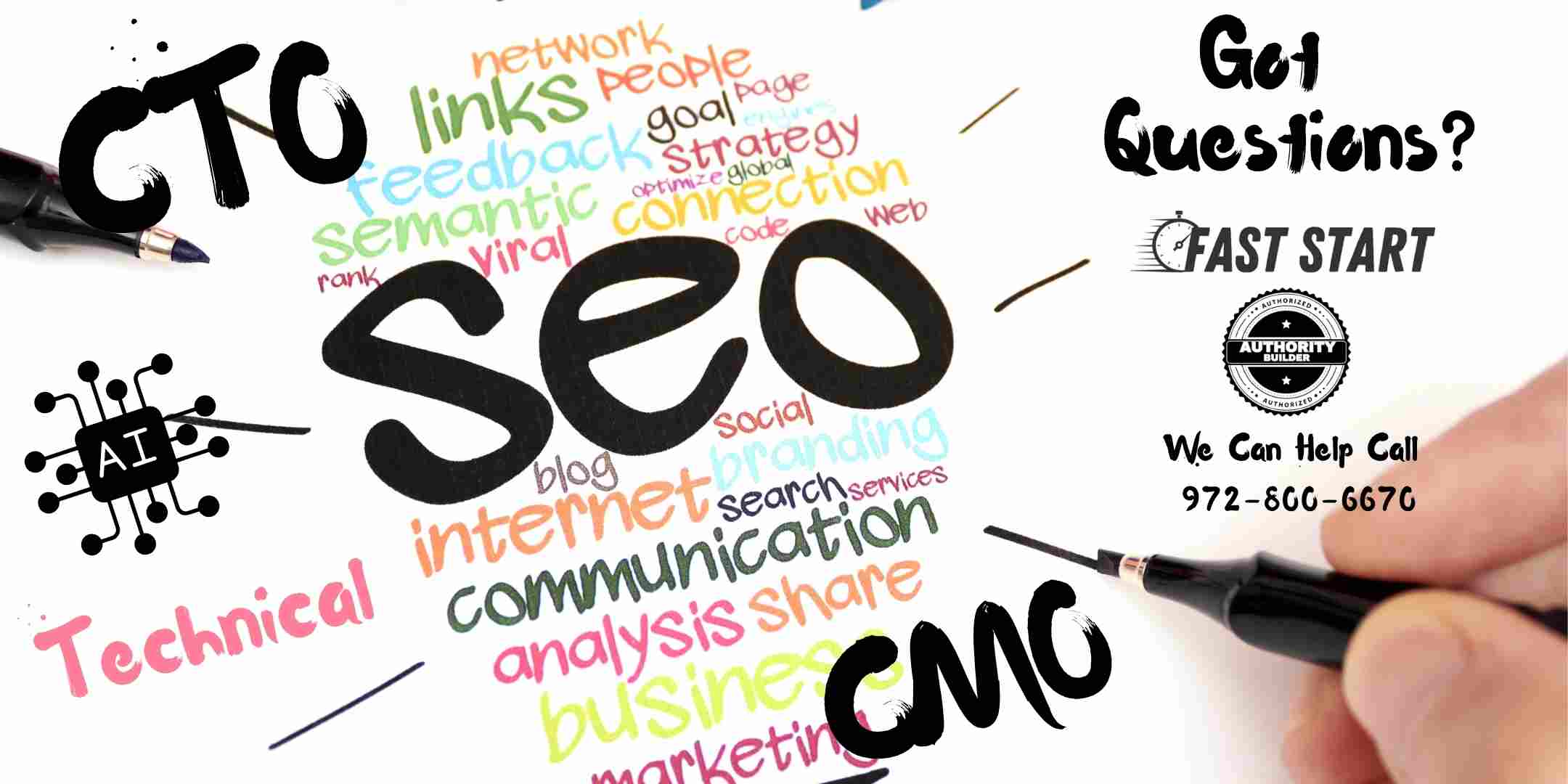

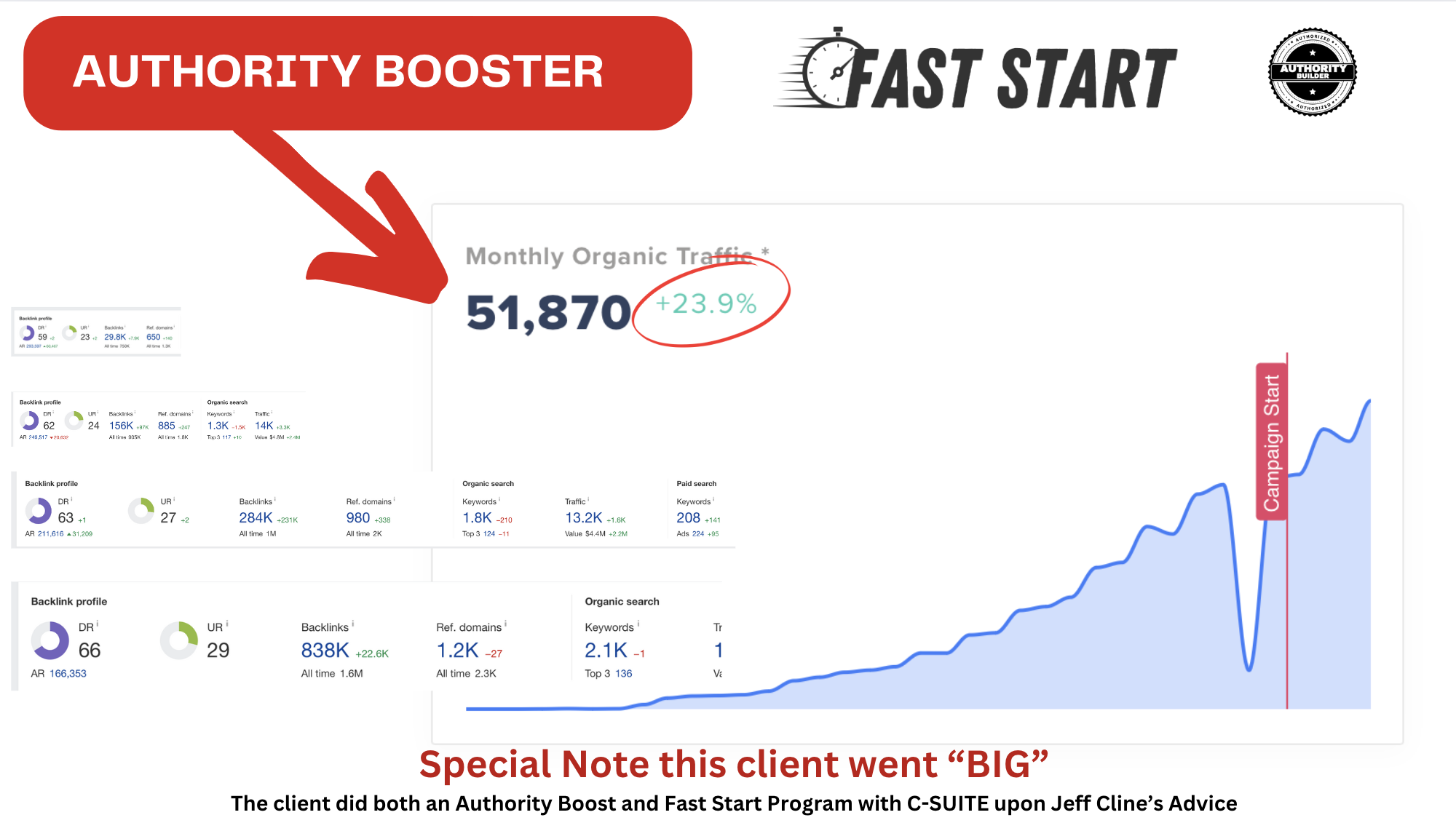
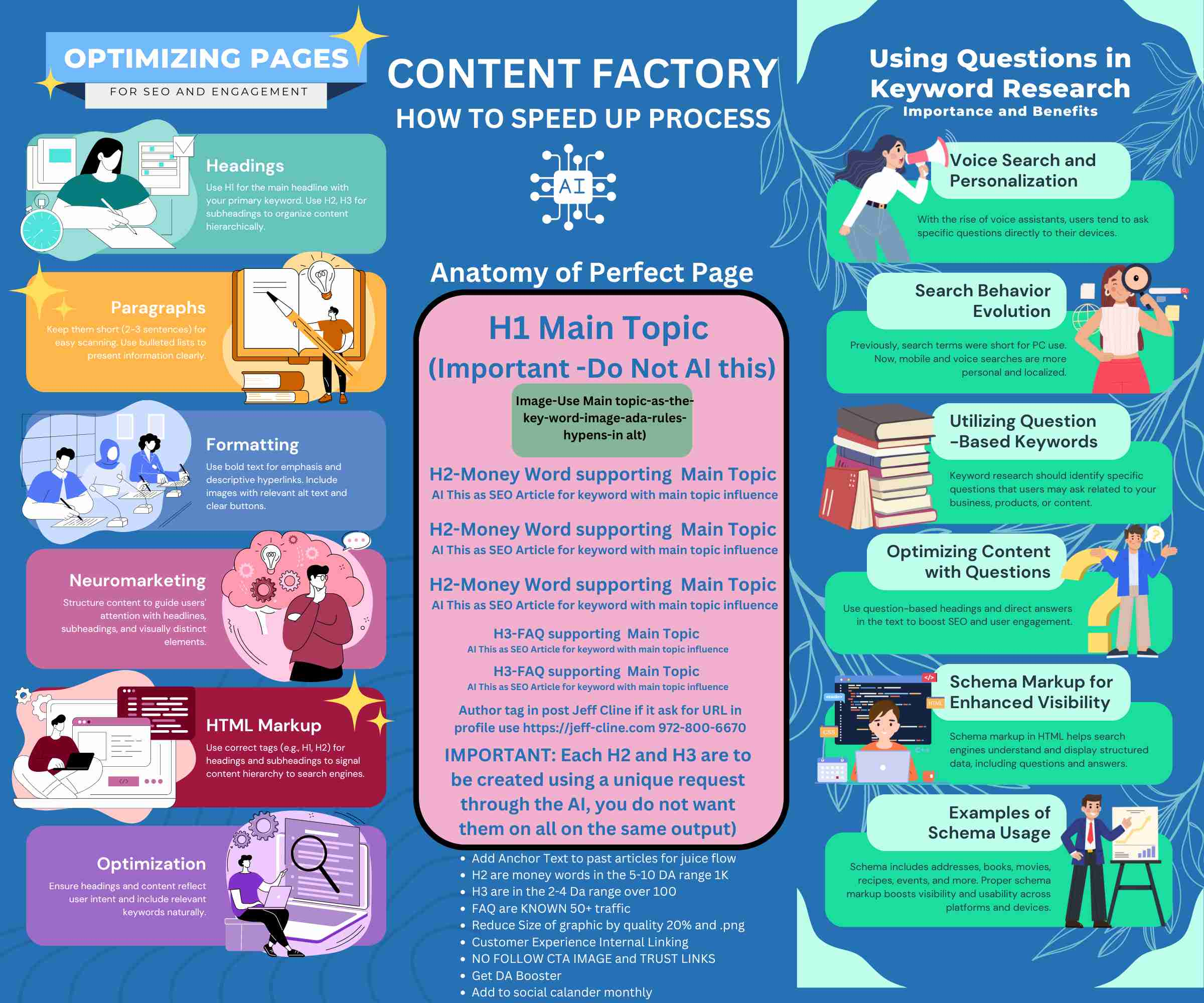
-6692a3f7b8b66-1200x675.jpg)


-66856267f0521-1200x675.jpg)
